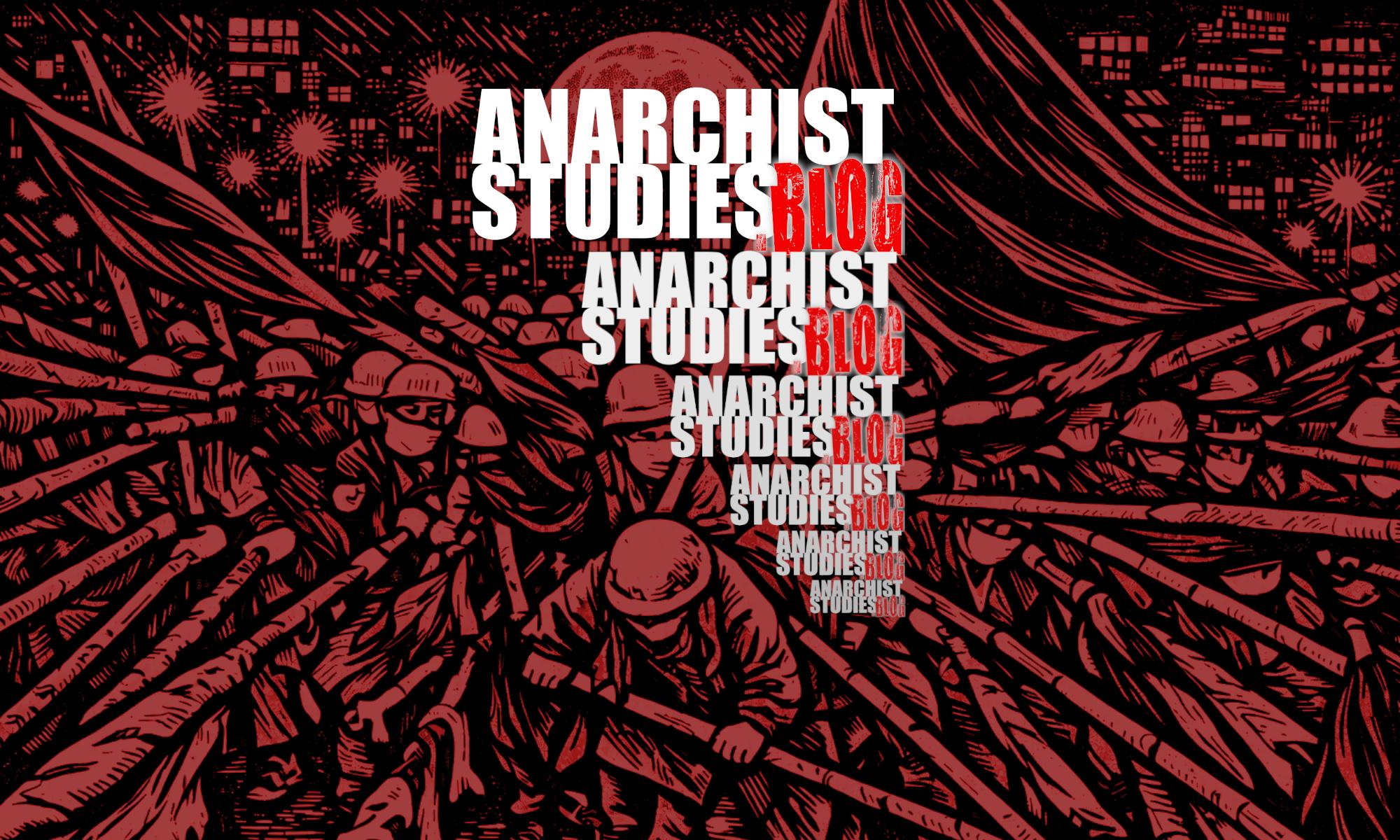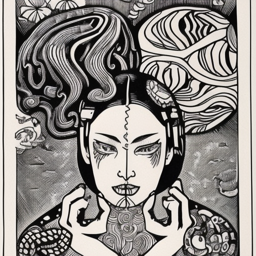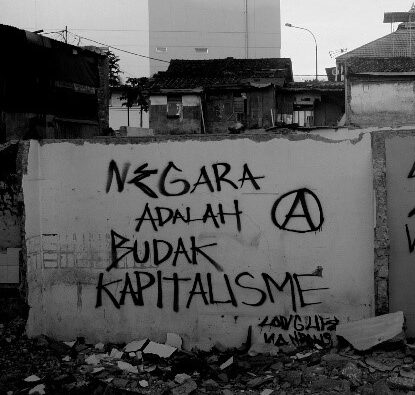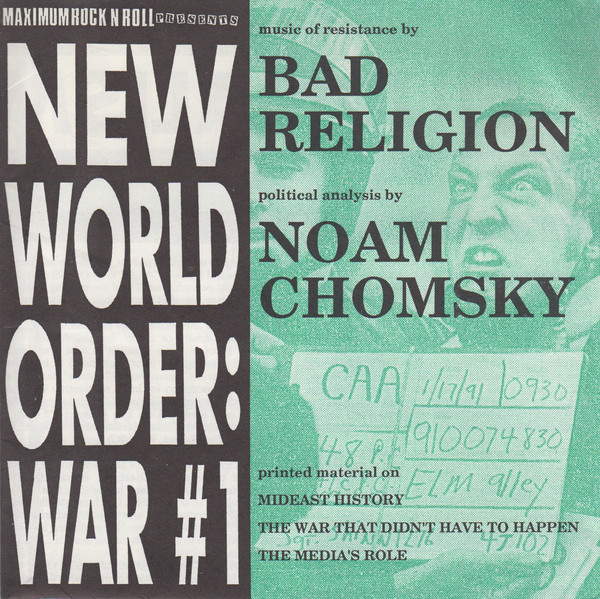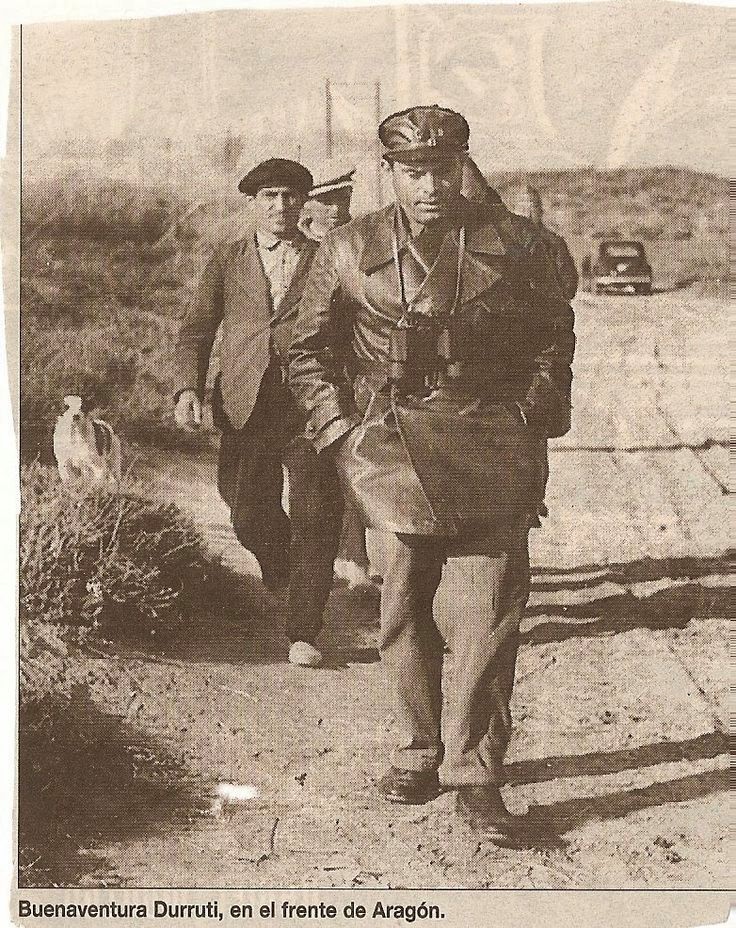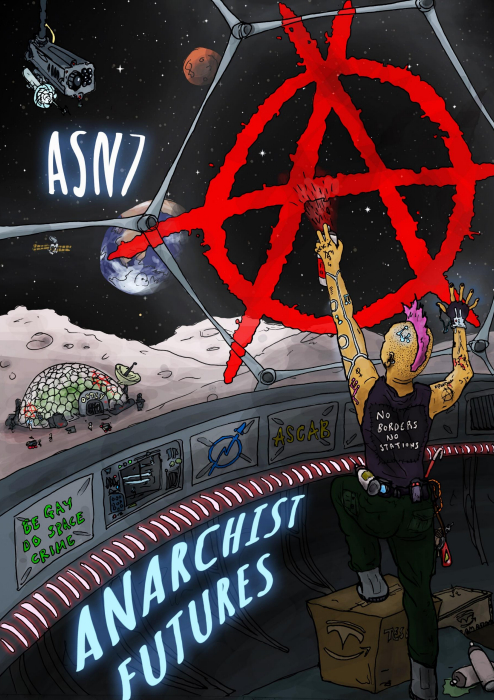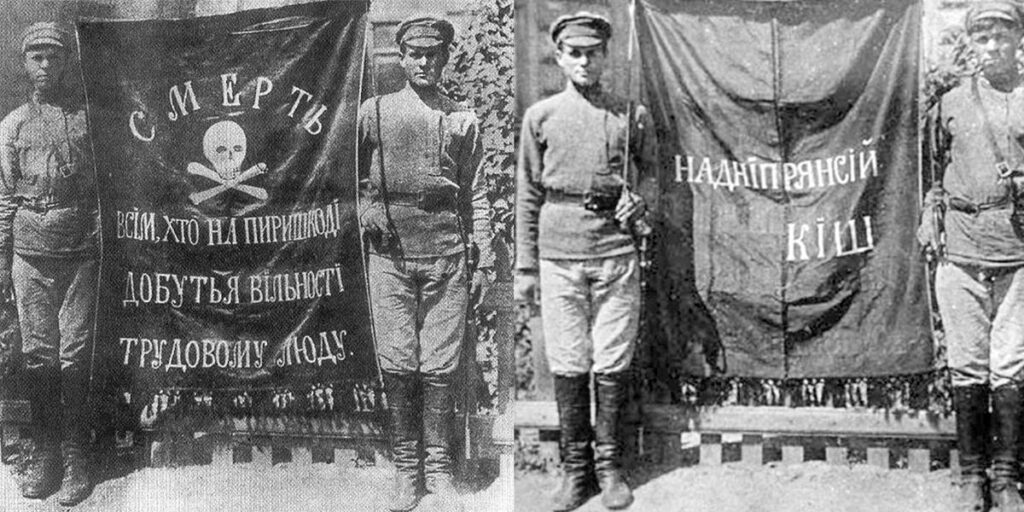The editors of AnarchistStudies.Blog are running a workshop that will provide practical advice on getting your ideas published with us, with the aim of demystifying the process and opening access to a wider pool of potential writers.
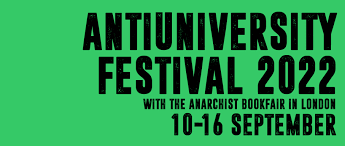
The workshop is part of AntiUniversity Now 2022 and will be held at:
MayDay Rooms, 88 Fleet Street
EC4Y 1DH, London, UK.
On:
Friday 16th September 2022, 2pm to 4pm.
It’s free, but capacity is limited, please register here: https://www.eventbrite.com/e/antiuniversity-festival-2022-anarchist-studies-blog-writing-workshop-tickets-398556251477
Why are we doing this?
Many sites that publish research put up a number of barriers to entry, such as application fees or strict academic requirements. This all works to prevent a true reflection of the diversity of ideas and approaches that exist within and outside of universities.
We want to help break down those barriers and meet with anyone who has ideas and a desire to get them heard.
While we’re keen to welcome new writers and thoughts to AnarchistStudies.Blog in particular, the knowledge shared will be transferable to approaching other outlets, and self-published blogs too.
What will you need?
If you have an idea you’d like to discuss and develop, please feel free to bring it along. This isn’t a requirement though, there will be time to chat about potential topics as a group. No one will be put on the spot to share unless they’re comfortable to.
You can also send us questions in advance if there’s something you’d like to hear covered.
What is AnarchistStudies.Blog?
An online, rapid publication format featuring anarchist comment and critique, partnered with Anarchist Studies journal. It brings you bursts of informed opinion and critical debate on anarchist activism, anarchist academia, and the wider world as viewed through an anarchist lens.
Editors Jim Donaghey and Cassidy Ferrari will be facilitating the workshop.
Workshop accessibility
Standard measures will include:
- Accessible formatting of written material
- Avoiding or defining academic jargon
- Pauses for questions
- No forced engagement
If you have any access needs we can adapt to, please feel free to get in touch and we’ll accommodate as best we can.
MayDay Rooms accessibility
88 Fleet Street was built in 1902 and, due to the physical constraints of the building, has limited access. It is compliant with ‘ambulant disabled’ and provision for broader access is currently under review.

